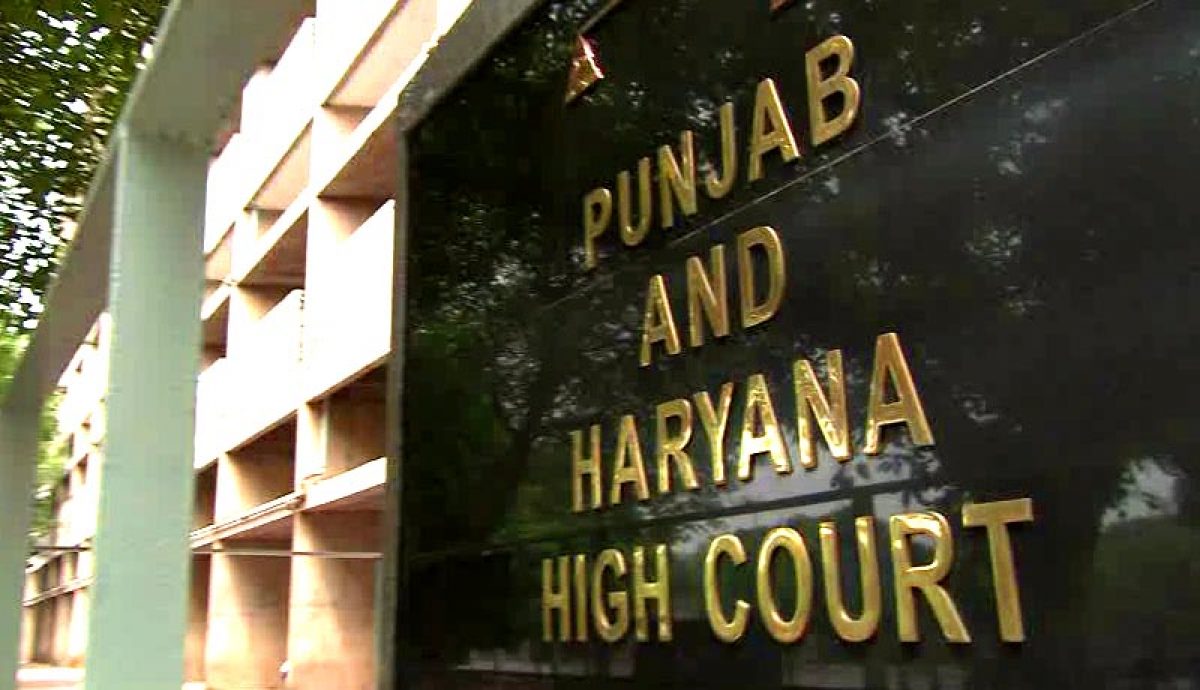
Punjab and Haryana high court, Haryana State Employment of Local Candidates Act 2020, interim stay, 75 percent job quota, notice issues, Locals, Private Sector, Justice Ajay Tewari and Justice Pankaj Jain,
The Punjab and Haryana High Court today granted an interim stay on the Haryana government’s law providing for 75% reservation for state domicile in the private sector.
The stay on the law came from the Bench of Justice Ajay tewari and Justice Pankaj Jain on a Writ petition challenging the vires of the Haryana State Employment of Local Candidates Act 2020.
After hearing Mr Tushar Mehta, Solicitor General of India on behalf of the State of Haryana, the High Court admitted the Writ Petitions and granted a stay on the operation of the Act.
The plea had been moved last month by the Faridabad Industries Association (FIA) before the Punjab and Haryana High Court. Admitting the plea, the Court also issued a notice to the state government
It may be noted that the Haryana State Employment of Local Candidates Act 2020, which was notified on November 6, 2021, seeks to provide 75 percent reservation for local candidates in private sector jobs that offer a salary of less than Rs 30,000 a month. The Act is scheduled to come into effect on January 15, 2022.
The Law applies to all Companies, Societies, Trusts, Limited Liability Partnership Firms, Partnership Firms, and any person employing ten or more persons, but excludes the Central Government or the State Government, or any organization owned by them.
The plea before the Court
The petition has been filed by FIA, a premier industries association of North India, formed in 1952 by a group of enterprising industrialists. It challenges the Act for being unconstitutional and violating Articles 14, 15, and 19 of the Constitution of India. The petition also seeks a stay on the implementation of the Act until it is finally decided.
The plea claims that the Act is unconstitutional on account of being excessively vague, arbitrary, and inter alia granting overly broad discretion to the Authorised Officers appointed therein, and as such provides an independent ground for striking down the Act as unconstitutional.
Averring that the Act is applicable to all diverse nature of employment, is not based upon intelligible differentia and rational classification and hence, is ultra vires, the plea further adds thus:
“The Act purports to effectively provide for reservation in private employment and represents an unprecedented intrusion by the government into the fundamental rights of private employers to carry out their business and trade, as provided under Article 19 and the restrictions being places upon such a right are not reasonable but are arbitrary, capricious, excessive and uncalled for.”
Importantly, the plea argues that the Law fails to take into account practical commercial concerns and avers that the domicile criteria provided in the Act goes on to violate the mandate of Article 16 (2) of the Constitution which provides that no citizen shall be ineligible for or discriminated against in respect of employment on the ground only of religion, race, caste, sex, descent, place of birth, residence or any of them.
In addition to the above, the plea states that the Act is contrary to the very idea of common citizenship for the Union of India and that it fails to uphold the federal structure of the Union of India which is part of the basic structure of the Constitution of India.
Senior Advocate Akshay Bhan appeared for FIA along with Advocates Hiresh Choudhary, Surbhi Sharma, Ivan Singh Khosa, and Shivam Grover.
